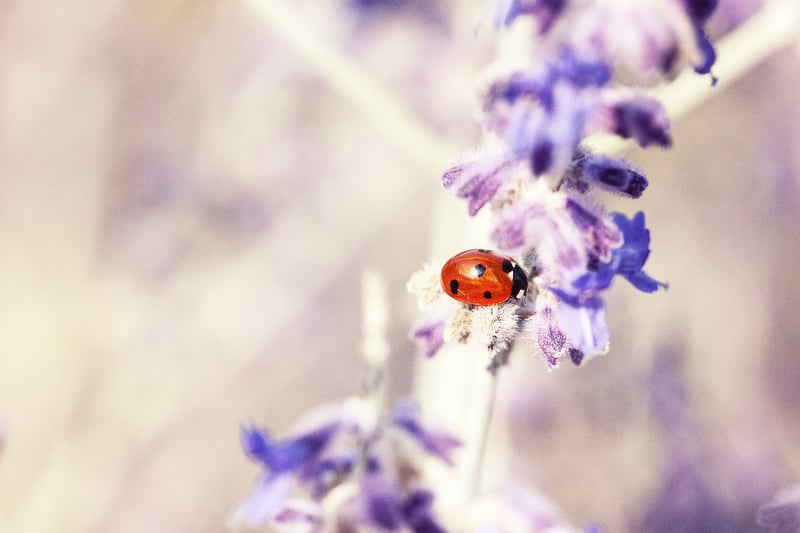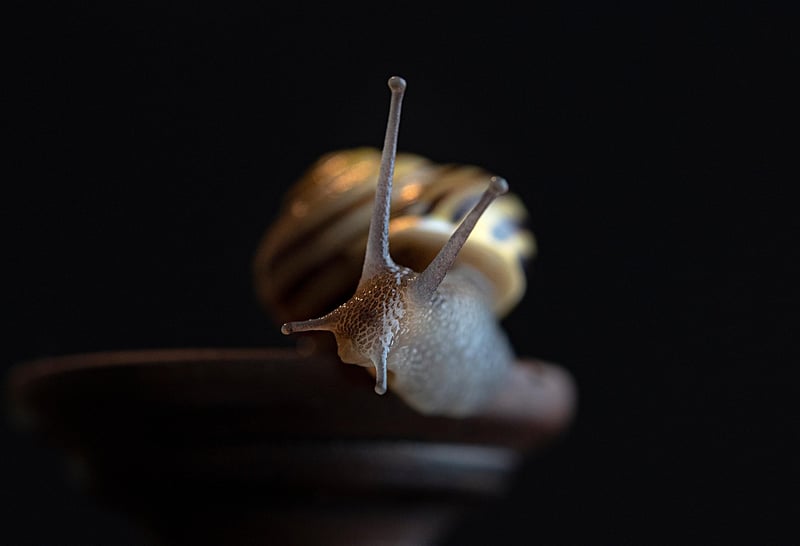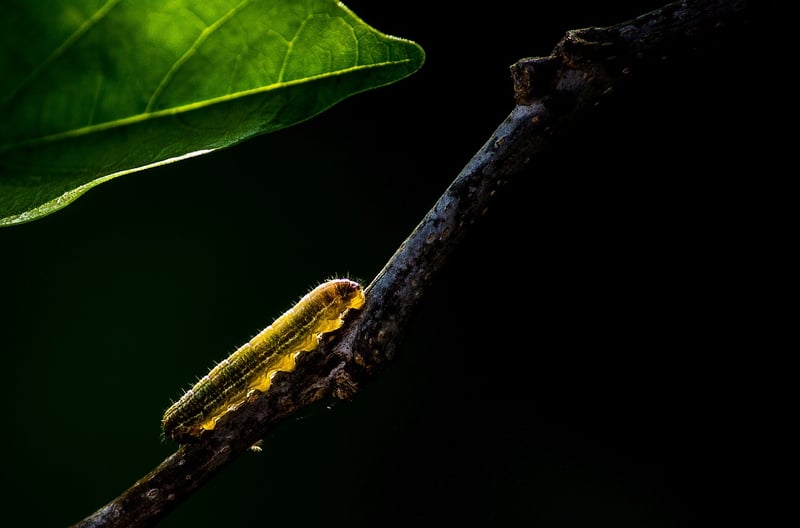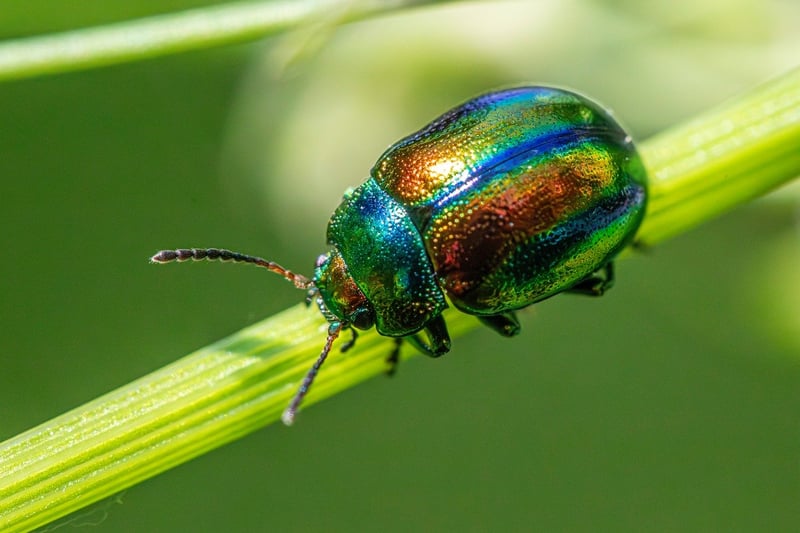Identifying Common Pests
Managing Garden Pests
Gardening can be a rewarding and relaxing hobby, but dealing with pesky garden pests can quickly turn your green oasis into a battleground. Understanding how to identify and manage common garden pests is crucial to maintaining a healthy garden without resorting to harmful chemicals. Let's explore some effective ways to keep your garden pest-free!
Identifying Common Pests
Before you can effectively manage garden pests, it's essential to know what you're up against. Here are some common garden pests you may encounter:
- Aphids: These small, soft-bodied insects feed on plant sap and reproduce quickly, causing damage to leaves and stems.
- Slugs and Snails: These slimy creatures can devour young seedlings and tender plants overnight.
- Caterpillars: The larvae of moths and butterflies, caterpillars can munch on leaves and flowers, causing significant damage.
- Spider Mites: These tiny pests suck sap from plants, leaving behind a fine webbing and causing leaves to yellow and drop.
- Whiteflies: These small, white insects feed on plant sap, causing wilting and the spread of diseases.
Effective Pest Management Strategies
Now that you can identify common garden pests, here are some eco-friendly methods to manage them:
- Handpicking: Remove pests like caterpillars and beetles by hand and drop them into a bucket of soapy water.
- Beneficial Insects: Encourage natural predators like ladybugs, lacewings, and praying mantises to control pest populations.
- Neem Oil: Use neem oil, a natural insecticide, to repel and disrupt the growth of common garden pests.
- Row Covers: Protect your plants with row covers to prevent pests like aphids and caterpillars from reaching them.
- Companion Planting: Plant pest-repelling herbs like basil and marigolds near susceptible plants to deter pests.
By implementing these strategies and staying vigilant, you can effectively manage garden pests and protect your plants without harming the environment. Happy gardening!



